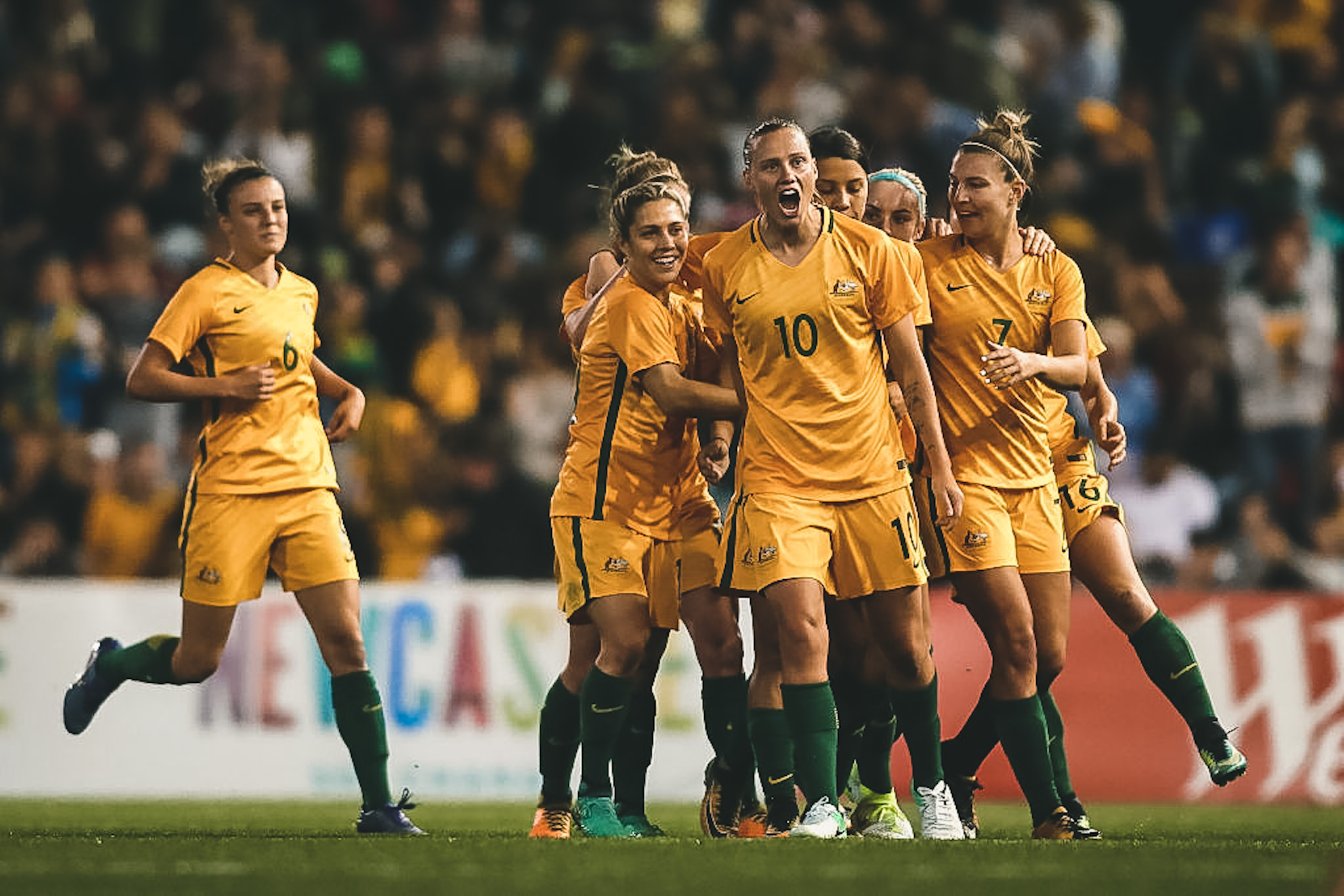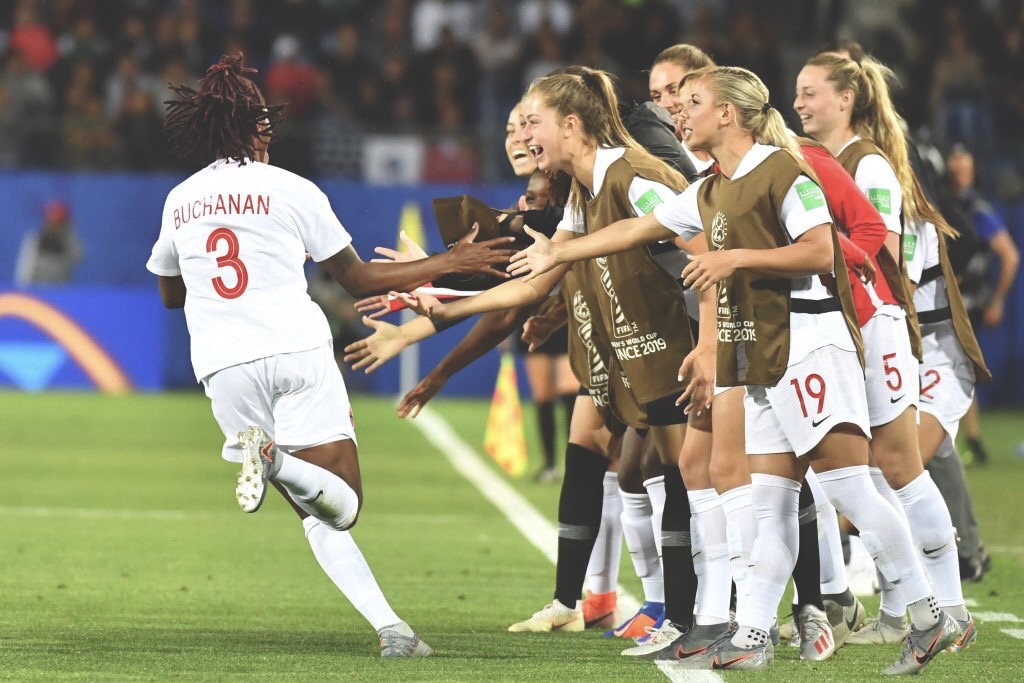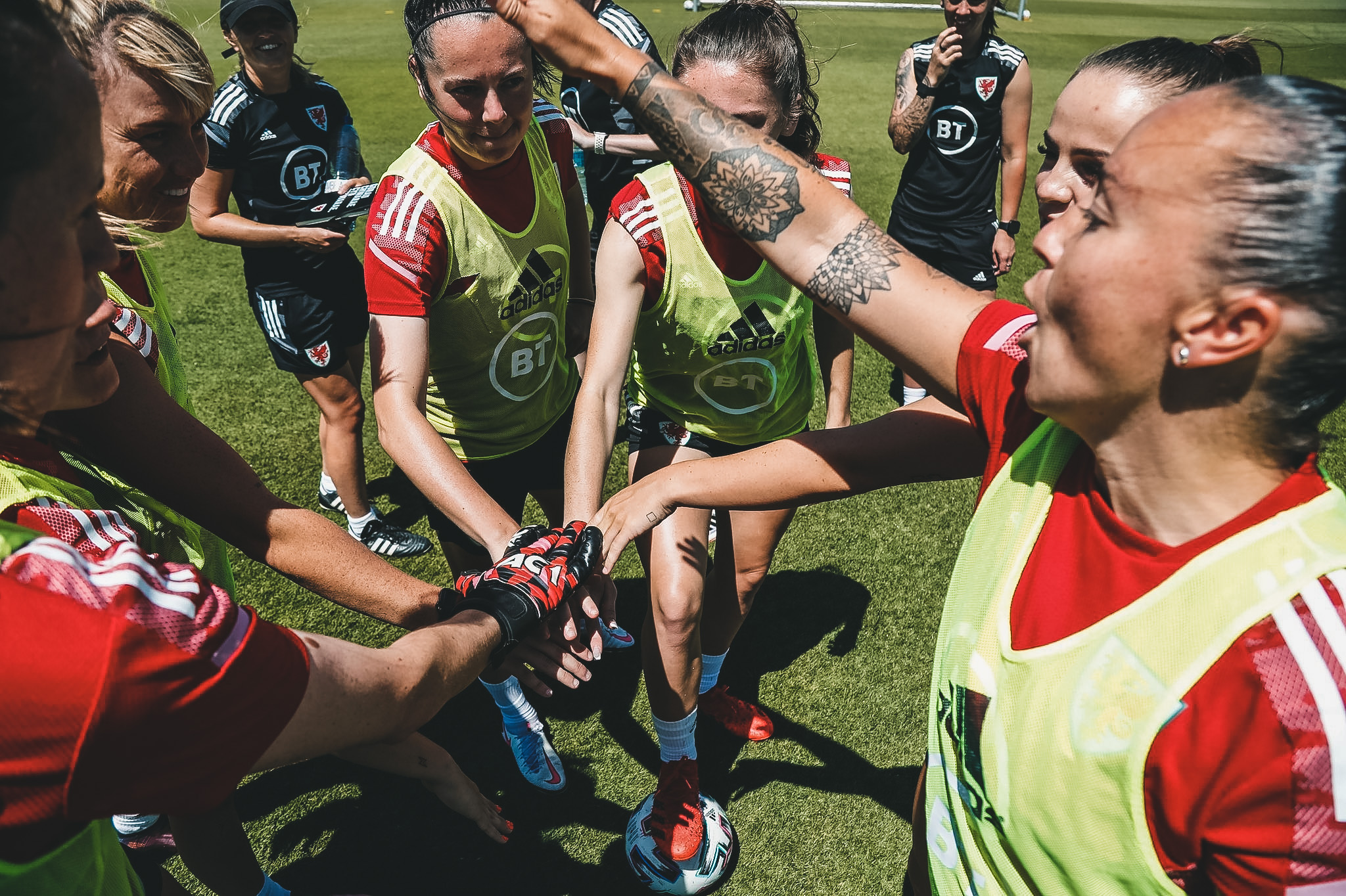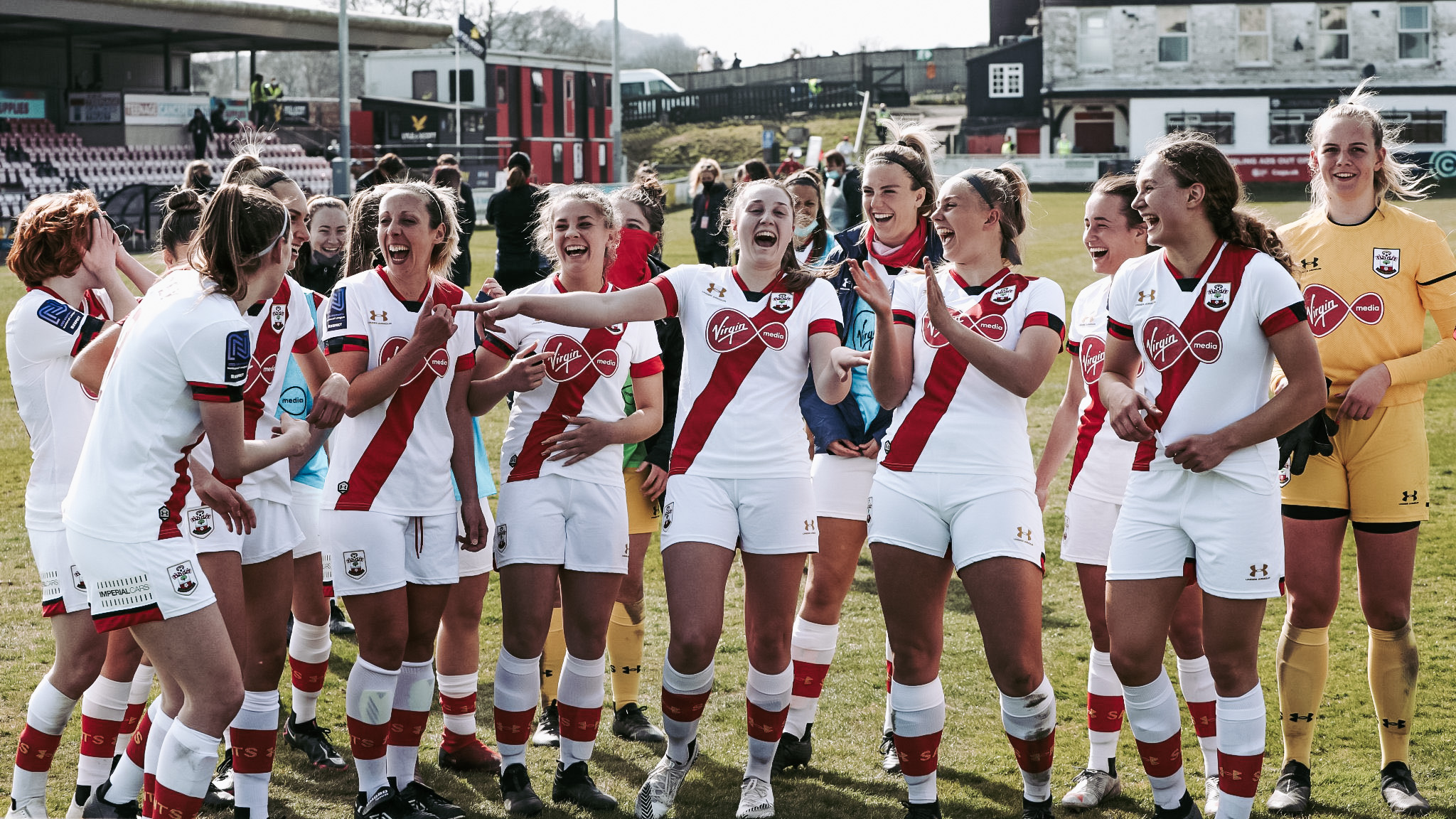2019 marked the fortieth anniversary of the first recognised international for the Australian women’s national team when they took on New Zealand on 6th October 1979. The circumstances faced by these pioneer members of the Matildas are poles apart from their present-day counterparts.
It is important to emphasise that Australia is a country where sport has often been one of the ultimate expressions of male strength and identity. The Matilda’s journey has been an inspirational one from widespread indifference to national adulation. To make ‘The Matildas’ task even more impressive, one needs to remember that football is, at best the fifth most popular spectator sport in Australia, meaning that they did not even have a high profile men’s version of the sport to support them.
Despite an Australian National women’s football team being sent to the 1974 Asian Women’s Championship, it is fair to say that squad was far from being representative of the whole nation – the vast majority were the single state of New South Wales. In 1978 another representative side, with players drawn from New South Wales and Western Australia gathered for training on poor quality pitches in full public view, with what could be described at best as “banter” and at worse as “verbal abuse” being fired towards the players as they trained. Their crime? Simply playing football. This squad were dispatched to the World Women’s Invitational Tournament in Taipei against a number of top club sides and international representative sides. No caps were awarded to those participating in this event.
That first fully recognised Australian women’s international took place at Seymour Show Park in Miranda in a small southern suburb of Sydney. The historic line-up was Sue Monteith (Queensland), Shona Bass (Victoria), Kim Coates (Victoria), Dianna Hall (South Australia), Carla Grims (South Australia), Fiana McKenzie (South Australia), Sandra Brentnall (Western Australia), Judith Pettit (Western Australia), Sharon Mateljan (Western Australia), Julie Clayton (Western Australia), Cindy Heydon (New South Wales), Julie Dolan (New South Wales), Toni McMahon (New South Wales), Jamie Rosman (New South Wales), Rosie van Bruinessen (New South Wales) and Leigh Wardell (New South Wales). Coach Jim Shelby was assisted by Noelene Stanley and Elaine Watson. The game finished a 2-2 draw with fifteen-year-old Sandra Brentnall, born in Nottingham, England scoring the historic first-ever Matildas goal. Sharon Mateljan added the second in a 2-2 draw. The two sides met again two days later, with the Kiwis taking the honours 1-0. Unlike today, of course there was no nationwide publicity to advertise the game. Instead, one of the players, Julie Dolan recalled how the players were dispatched to the area around the ground to post flyers through letterboxes.
After the first encounters, the Sydney Morning Herald did report on the match but their piece was more akin to the freakshow variety of such an occurrence than a fully-fledged international sport event.
It wasn’t until 1983 that the Matildas played a nation other than New Zealand. Indeed, they went over two years without a fixture between 1981 and 1983 when they played three matches in five days away from home against New Caledonia, Fiji and perennial opponents New Zealand. It took until 1987 for Australia to face a nation from outside of the Oceania region (Canada).
These early Australian female footballers did not just have to face the verbal volley of scorn from the general public. Some had to put up with the derision of their own husbands and families. ABC (Australia) News reported last year how Stephanie Quinn, tour manager of the Australian side in the 1980s recalled the husband of one player deliberately destroying his wife’s football boots in a bid to stop her playing any more. In the same decade, players were having to run straight from work to play for their country with absolutely no preparation whatsoever.
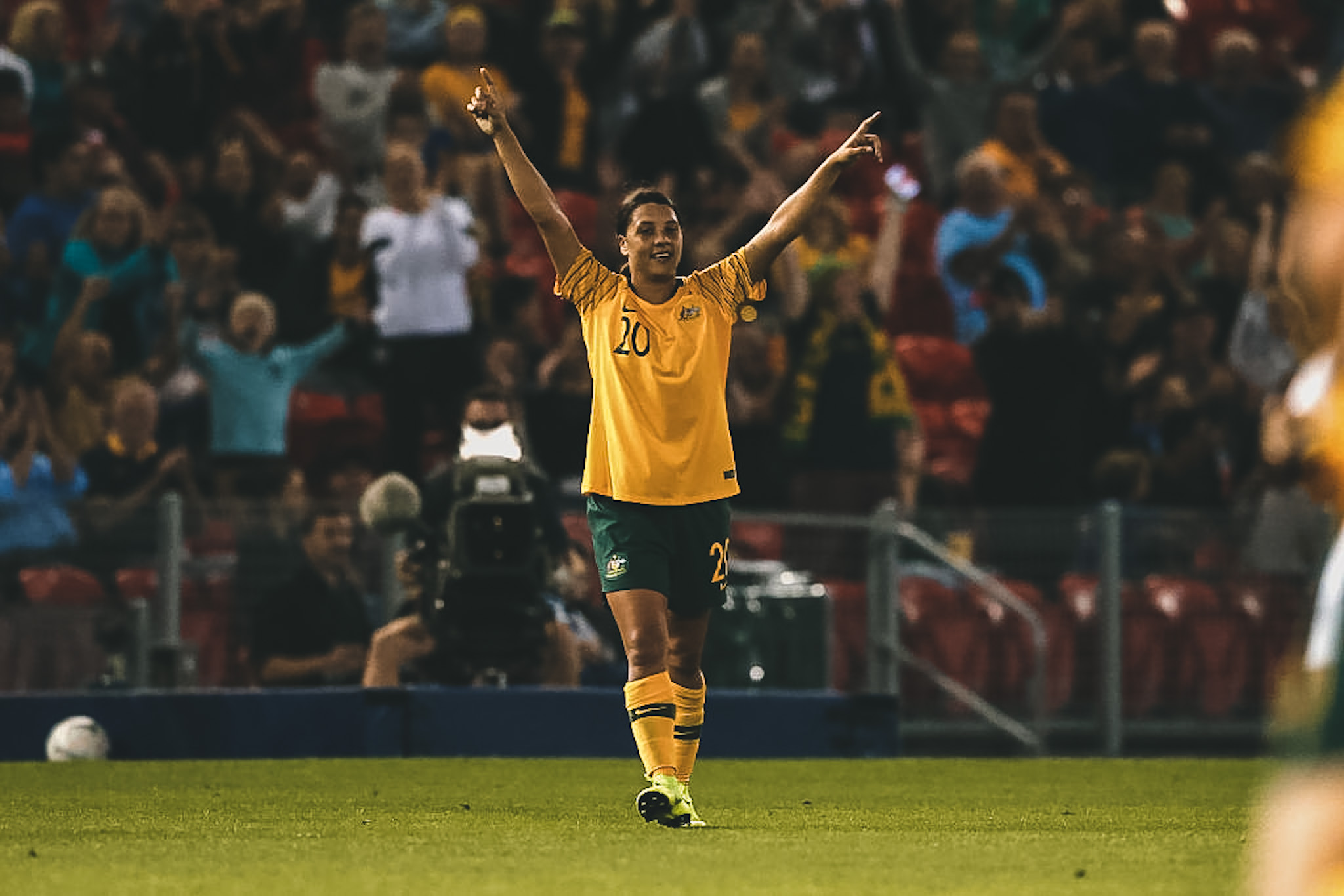
You can read the complete feature here.





